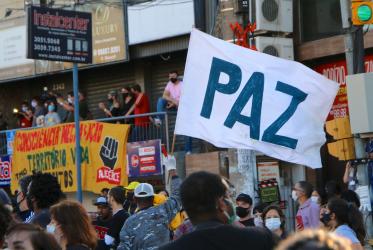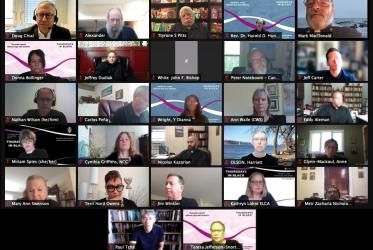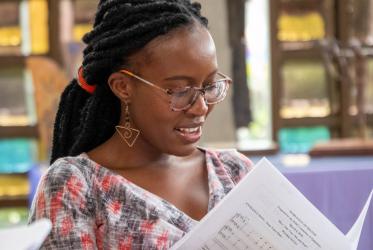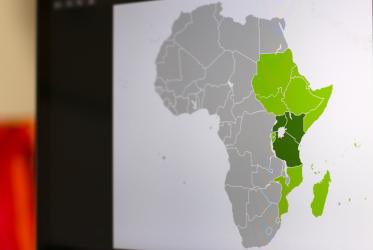Displaying 101 - 120 of 334
In Lebanon, “without peace there is no justice”
21 July 2021
WCC sends letters of concern over violence and conflict in Ethiopia
04 February 2021
WCC Eco-School 2020 for Pacific region is further postponed
14 January 2021















